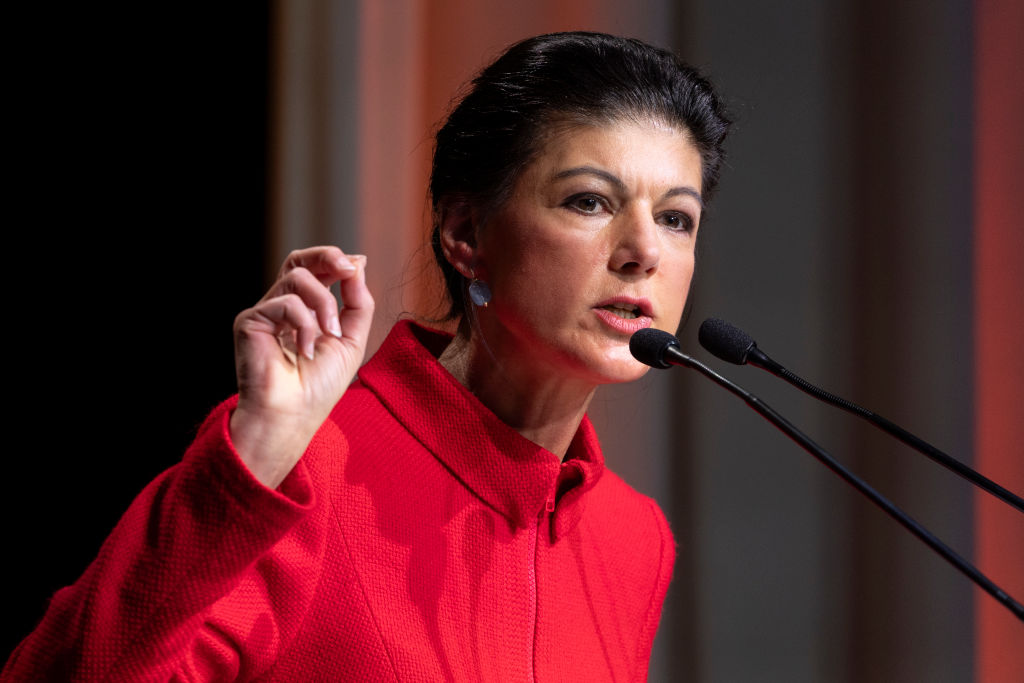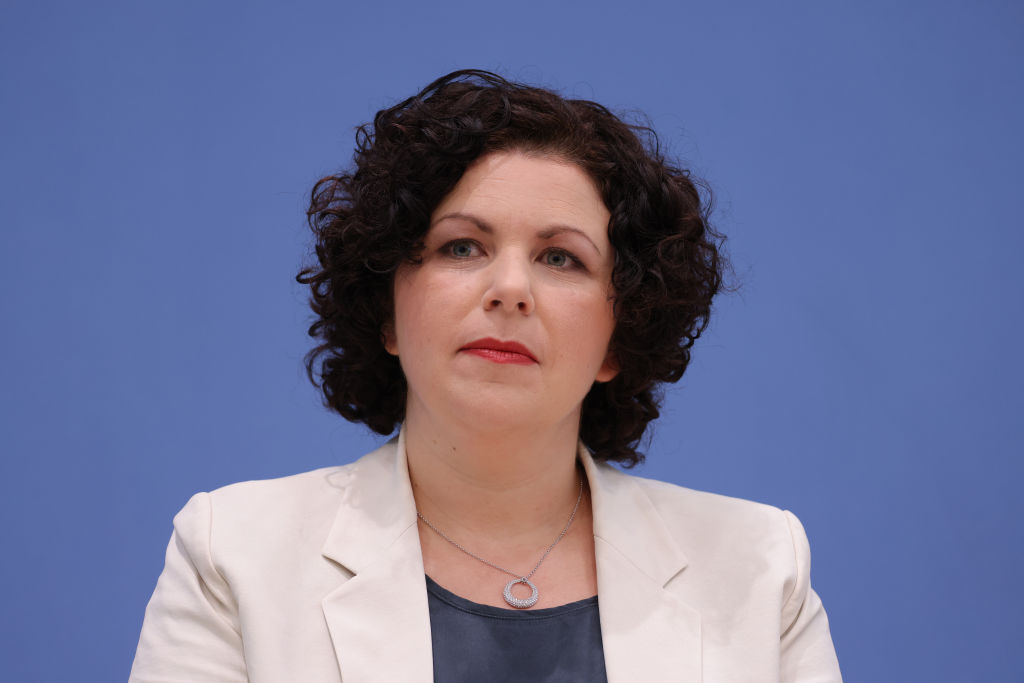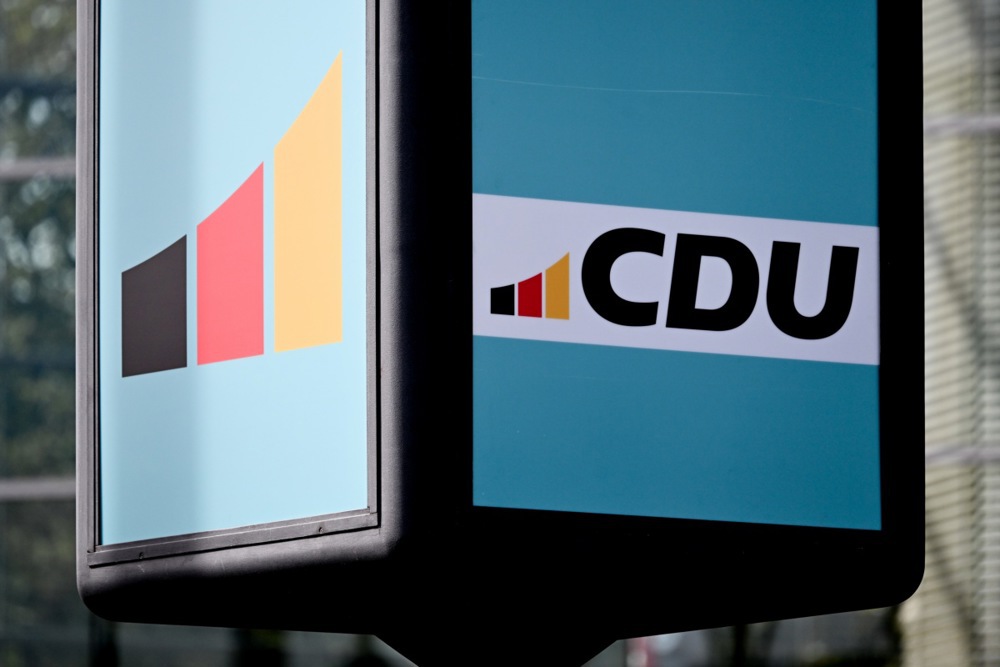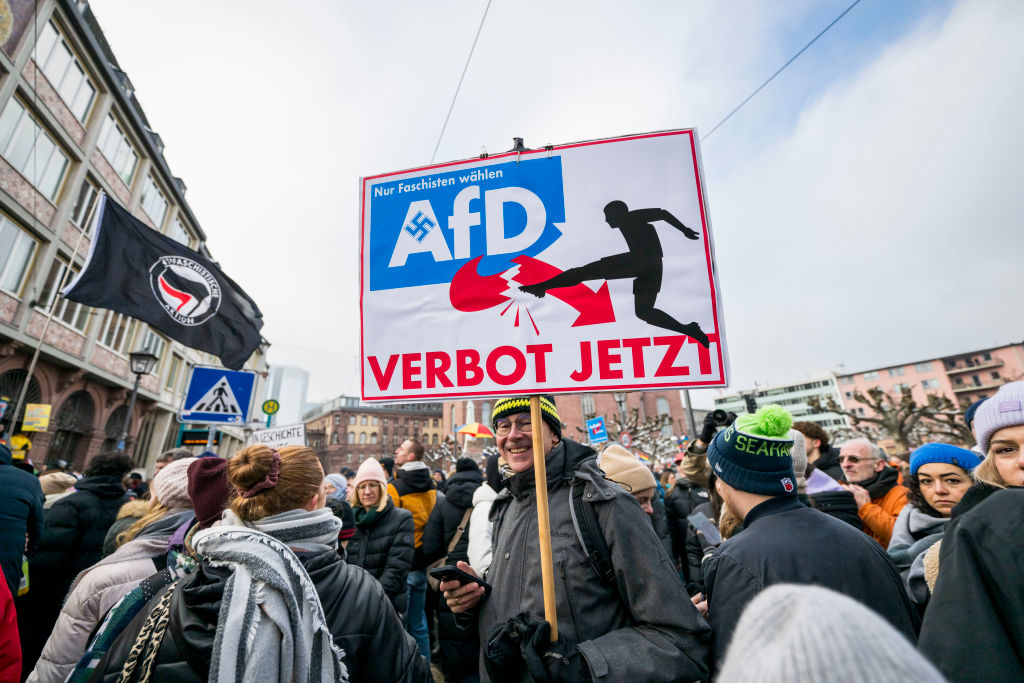Germany’s centre-right will likely outperform the entirety of Germany’s ruling left-wing coalition in the coming European elections, polling has found.
Manfred Weber’s Christian Democrats — running under the European People’s Party umbrella — will achieve 34 per cent of June’s European Parliament vote if it were held today, found the Forsa polling agency.
This is one point higher than the Social Democrats (S&D), the Free Democrats (RENEW), and the Greens (Green/EFA) combined.
They now poll at 16, 3, and 14 per cent respectively.
Of these three, the Greens likely will sustain the largest loss, with support dropping by over five points from the last election.
The centre-right looks to make a similarly-sized gain.
The European Parliament’s ‘The Left’ parliamentary group is under existential threat, with Germany’s @SWagenknecht hinting at forming a rival left-wing parliamentary alliance. https://t.co/PAYrs2p5MQ
— Brussels Signal (@brusselssignal) February 22, 2024
The hard right also will see its vote share increase.
The populist Alternative für Deutschland (ID) now comes third overall in the race.
The poll expects it to garner 15 per cent of the vote, compared to 11 in 2019.
This is lower than the party would fare in a potential national election, where it regularly polls nearer 20 per cent.
Some of this vote likely shifted to smaller populist groups.
The new left-wing populist Bündnis Sahra Wagenknecht — or BSW — now gets 3 per cent of the vote, while the Free Voters (RENEW) likely hold onto their 2 per cent vote share from 2019.
Things look less positive for more traditionally left-wing groups.
The socialist Die Linke (The Left group) party drops from 5.5 per cent in 2019 to just 2 this year.
This fall mimics the more general decline of the party, lately forced to dissolve its official group in the country’s federal parliament after a large number of MPs defected to the BSW.
This collapse could also spell trouble for the party, as BSW considers the possibility of joining The Left group in the European Parliament. This move could possibly force out the much weaker Die Linke from the group.
Sahra Wagenknecht, the party’s eponymous leader, also hinted at creating a new left-wing political group in the EP.
If she succeeds, it is highly unlikely The Left group will have enough members from the various EU countries to continue officially operating in Brussels.
According to Forsa, the statistical error of their poll is plus or minus three per cent.
Ukraine is on the back foot and Germany is spiralling towards a political and economic crisis. Anyone saying this gets shouted down because it goes against what people want to happen, Doomberg experts tell Brussels Signal.
Watch the full podcast at https://t.co/j9wdtiWpBN pic.twitter.com/dOXkOmsbPX
— Brussels Signal (@brusselssignal) February 19, 2024





